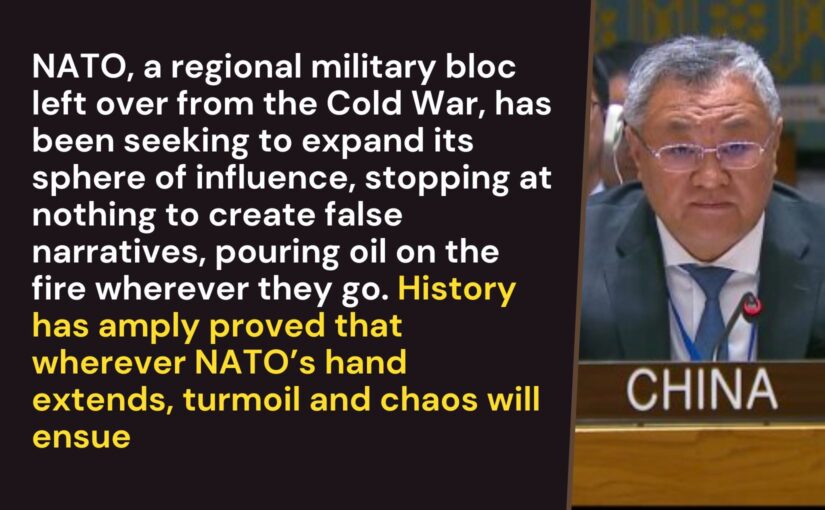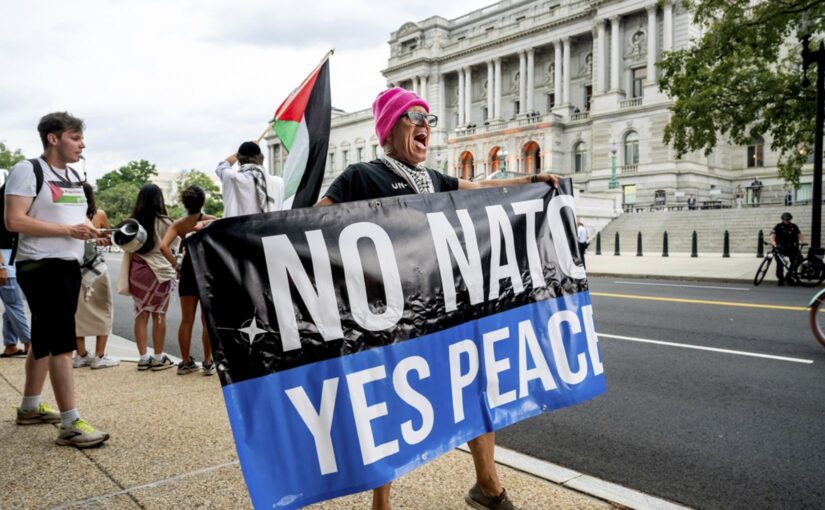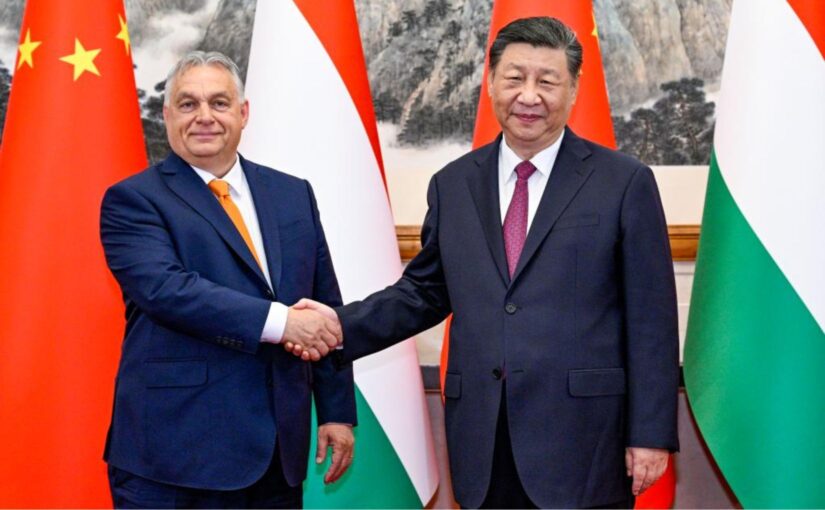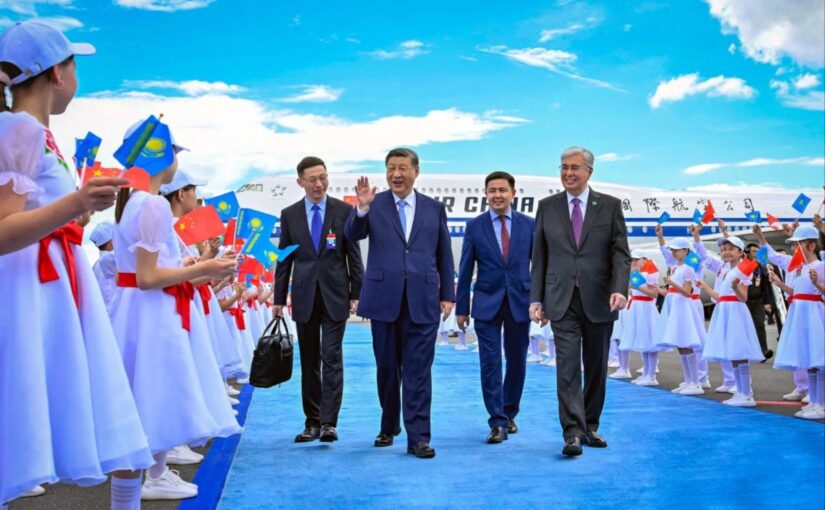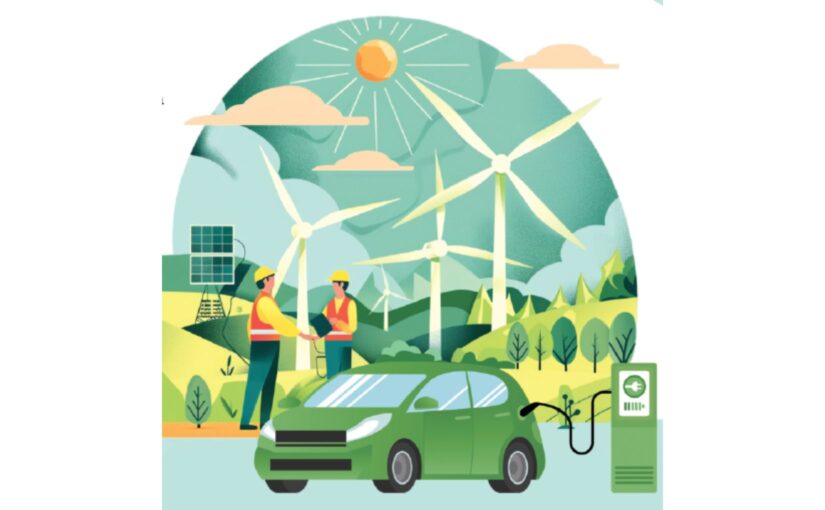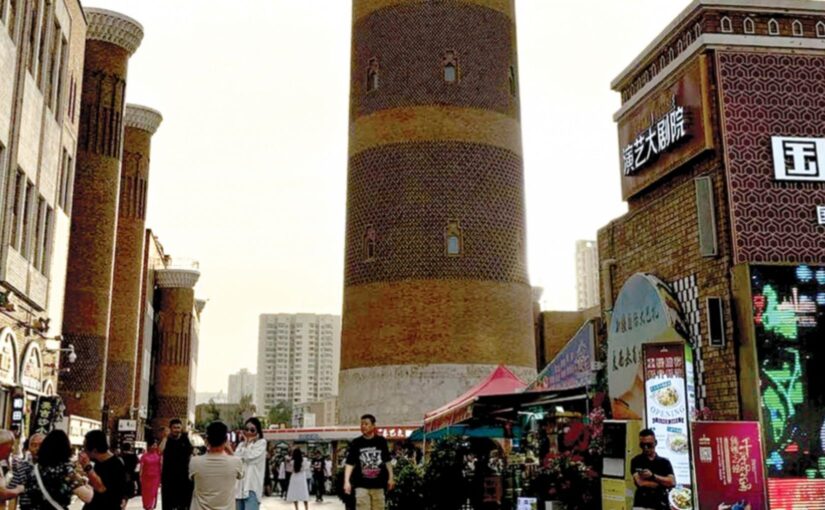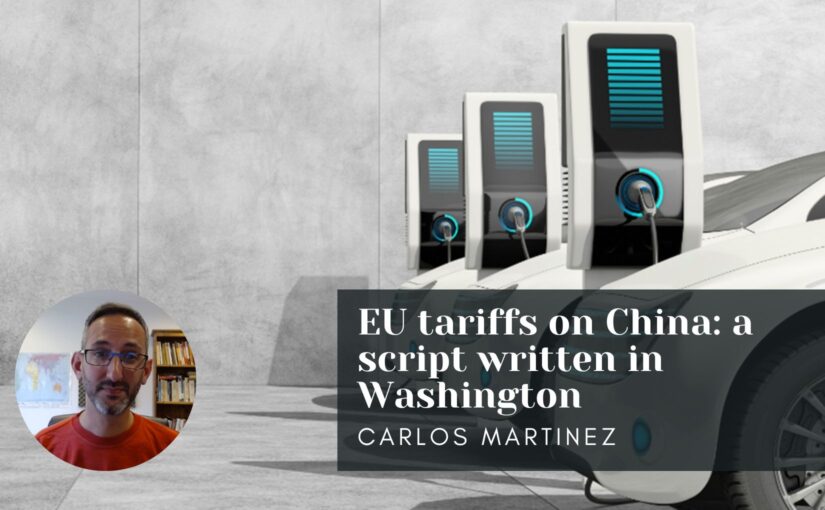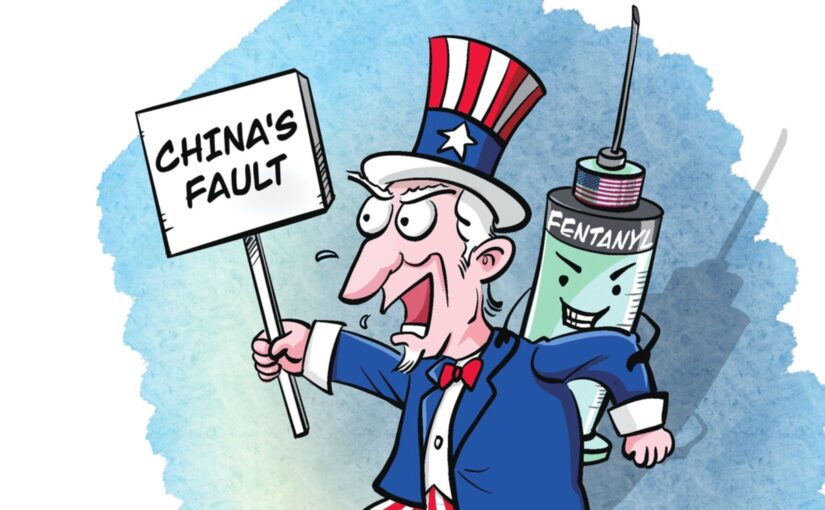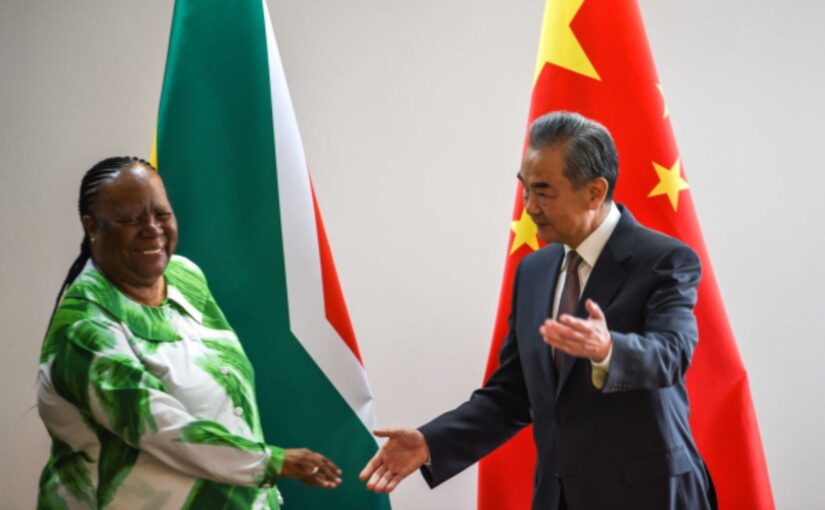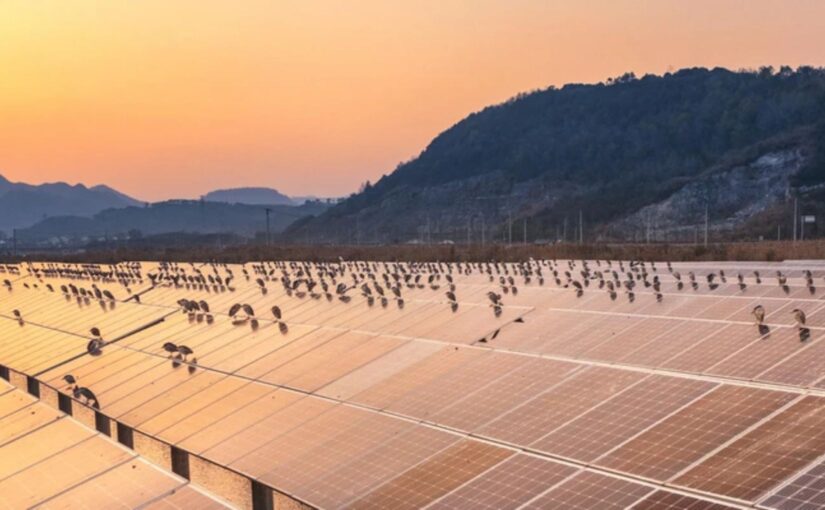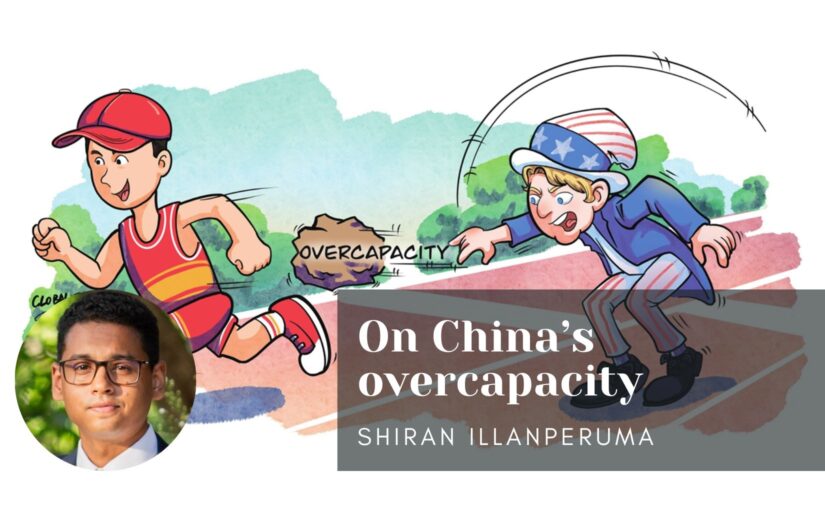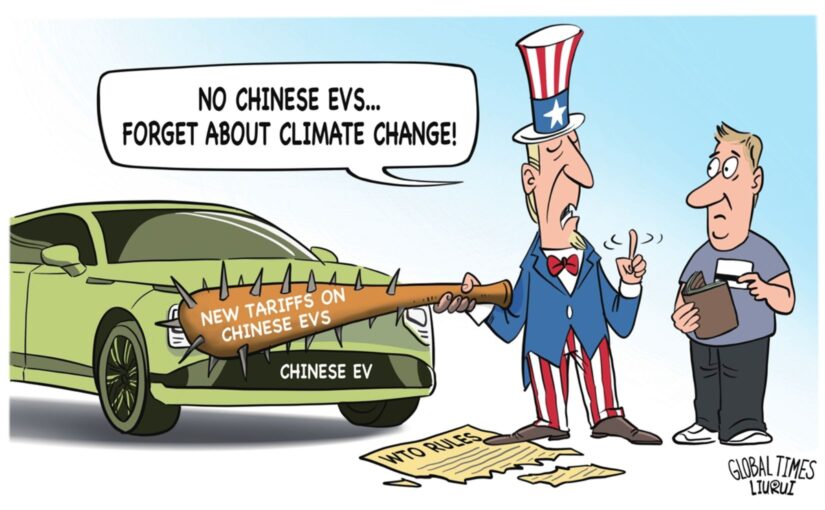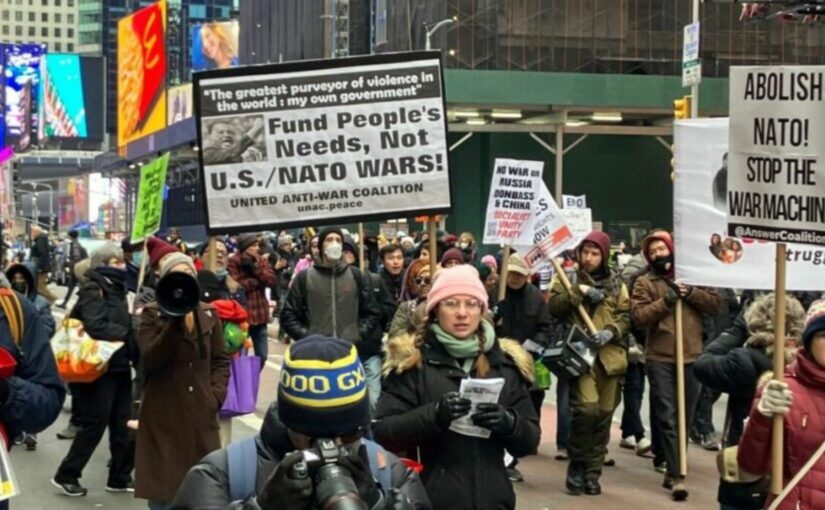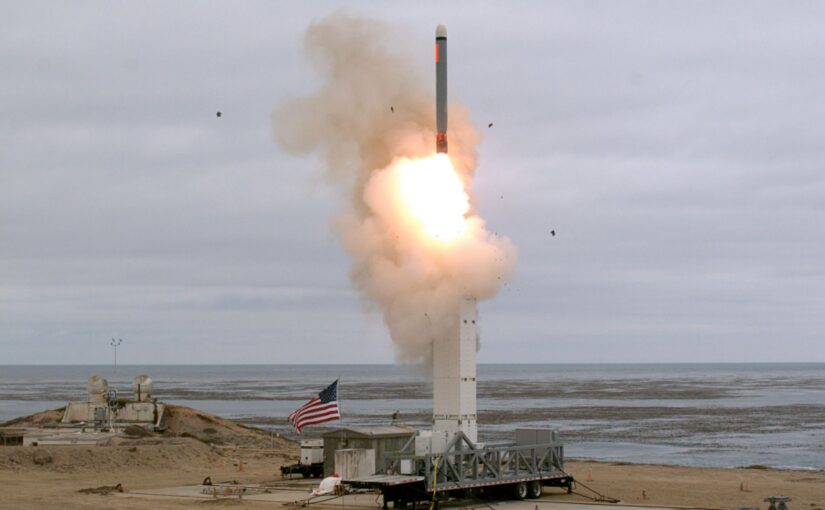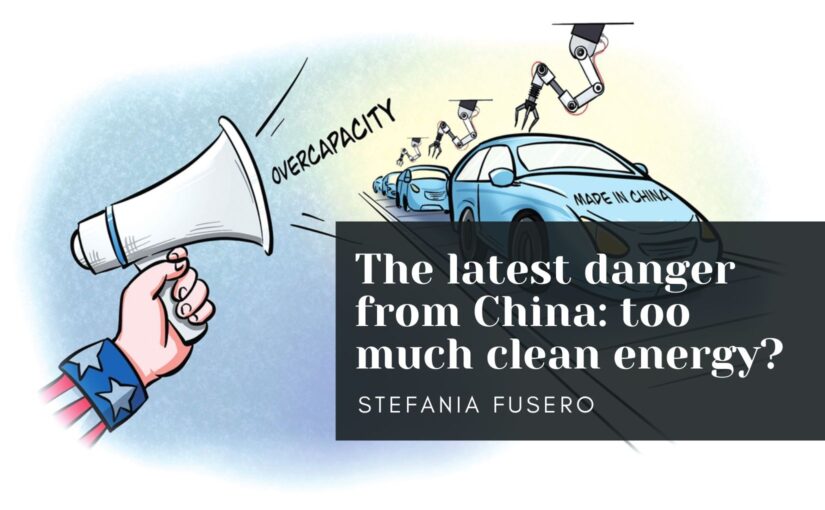The Foreign Ministers’ Meeting of the BRICS dialogue mechanism was held on June 10 in the Russian city of Nizhny Novgorod. Russia holds the rotating chair of BRICS for 2024 and the meeting of foreign ministers was preparatory to the annual summit, to be held in Kazan. It was attended by the nine current BRICS member countries, along with 12 other developing countries, namely Thailand, Laos, Vietnam, Bangladesh, Sri Lanka, Kazakhstan, Belarus, Türkiye, Mauritania, Cuba, Venezuela and Bahrain.
According to the Chinese Foreign Ministry, the participants had an in-depth exchange of views on BRICS cooperation and international and regional hotspot issues. All parties spoke highly of the important role of the BRICS mechanism and the achievements of its membership expansion. They agreed that the accession of more countries to BRICS has accelerated the process of building a multipolar world and promoted a more just and equitable international order. They also voiced support for the establishment of partner countries. All parties called for adherence to multilateralism, opposition to unilateralism and protectionism, promoting reform of the international financial architecture, enhancing and improving global governance, and increasing the voice and representation of developing countries. They also emphasised the need for peaceful settlement of disputes through dialogue and consultations and their support for all efforts conducive to peaceful resolution of crises. The meeting adopted a joint statement, the full text of which can be read here.
In his speech to the meeting, Chinese Foreign Minister Wang Yi said that: “Over the past year, BRICS cooperation has moved forward with highlights, with speed and with strength.We made pioneering efforts and expanded the BRICS mechanism, opening up a new chapter of the Global South seeking strength through unity… Upon expansion, BRICS countries account for nearly half of the global population and one-fifth of global trade, and their total economic output has overtaken that of the G7 in PPP [Purchasing Power Parity] terms.”
Unmistakeably referring to the United States, Wang said that a major country was “still harbouring Cold War mentality, is cobbling up geopolitical blocs and even publicly challenging United Nations Security Council (UNSC) resolutions, which erodes the authority of multilateral mechanisms. Economic issues are politicised; the notion of national security is overstretched; and unilateral sanctions and technology barriers are growing. In the face of a contest between forces promoting world multipolarity and forces holding onto unipolar hegemony, between globalisation and anti-globalisation, we must follow the trend of history, stand on the side of fairness and justice, and make the right choice.”
He further stressed the need to, “firm up determination to safeguard peace and security and make new contributions to the political settlement of international hotspot issues. History shows that Cold War mentality, bloc confrontation or external interference cannot solve problems. Instead, they will create bigger problems or even crises. No matter how complex the situation is, parties must not give up dialogue and consultation. No matter how acute the conflict is, political settlement must be pursued.”
Addressing the two major conflicts in the world today, China’s top diplomat said that the war in Gaza is testing human conscience and sense of justice. We must push for an immediate ceasefire that is comprehensive and lasting, ease the humanitarian crisis and prevent further spillover of the conflict. We should support Palestine’s bid for full UN membership, support its efforts to restore legitimate national rights, restart the two-state solution, and bring about lasting peace in the Middle East.
Meanwhile, the conflict in Ukraine also continues. China supports the convening, in due course, of a true international peace conference that is recognised by both Russia and Ukraine, participated in by all sides on an equal footing, and where all peace plans are discussed fairly. BRICS countries should take an independent, objective and just stance, help build international consensus for peace, and oppose attempts to instigate a new Cold War.
He also alluded to the need to break dollar hegemony in international banking and finance, saying: “We should work for early breakthroughs on local currency settlement and cross-border payment cooperation through the financial track. We should promote the use of more diverse currencies at the New Development Bank for financing and increase the share of local currencies in investment and financing activities.”
Wang Yi also held a number of bilateral meetings with his counterparts on the sidelines of the gathering.
Meeting with Russian Foreign Minister Sergey Lavrov, he noted that President Vladimir Putin’s recent visit to China was a great success, adding that both sides should fully implement the important common understandings reached between the top leaders of the two countries and advance cooperation in various fields.
Lavrov said that Russia is willing to closely cooperate with China on multilateral platforms including the UNSC and enhance diplomatic coordination. The number of like-minded countries continues to increase in international and regional affairs while BRICS expansion reflects this positive trend.
Speaking with South African Minister of International Relations and Cooperation Naledi Pandor, Wang Yi congratulated South Africa on the smooth holding of the general election and the African National Congress (ANC) on continuing to play a leading role in South Africa’s politics as the largest party. He expressed the belief that the ANC will remain true to its original aspiration and firm faith and continue to lead the South African people to make greater achievements in building a new South Africa enjoying unity, stability and prosperity. Last year, President Xi Jinping paid a state visit to South Africa and attended the BRICS Summit, during which he reached important common understandings with President Cyril Ramaphosa, ushering in a new era of building a high-level China-South Africa community with a shared future. The historic expansion of the BRICS mechanism in South Africa has further encouraged the Global South countries to seek strength through unity.
China, he added, attaches importance to South Africa’s role as a major developing country, and stands ready to keep close multilateral coordination, be an objective, balanced and constructive voice on the Ukraine crisis and other hotspot issues, and contribute to world peace and stability.
Naledi Pandor said that last year, South Africa was honoured to host President Xi Jinping and thanked China for supporting South Africa in successfully hosting the BRICS Summit. South Africa not only attaches great importance to its relations with China, but also attaches great importance to Africa’s cooperation with China and the role of the Forum on China-Africa Cooperation (FOCAC). Cooperation with China is the most important part of Africa’s international cooperation. Naledi Pandor looks forward to China strengthening cooperation in such fields as infrastructure, digital economy, renewable energy and human resources development in light of Africa’s development needs, so as to contribute to the continent’s stable development.
Meeting with Brazilian Foreign Minister Mauro Vieira, Wang Yi noted that this year marks the 50th anniversary of the establishment of China-Brazil diplomatic relations, a significant year in bridging the past and the future for the development of bilateral relations. As President Xi Jinping stressed, both sides should grasp the strategic importance of the China-Brazil relationship, enhance its mutually beneficial nature, and highlight its comprehensiveness. China values Brazil’s significant influence in the Latin American region and is willing to jointly promote cooperation between China, the Community of Latin American and Caribbean States (CELAC), and the Southern Common Market (Mercosur).
For his part, Mauro Vieira said that Brazil highly values its relationship with China, is ready to closely engage in high-level exchanges with China, strengthen cooperation in various fields including trade and economy, and define a new positioning for bilateral relations to open new prospects for the next 50 years. Brazil and China share similar stances on many issues, and the joint statement on the six common understandings on the political settlement of the Ukraine issue is of great importance. Noting that President Luiz Inácio Lula da Silva firmly believes that dialogue and cooperation between China and CELAC are highly significant, Vieira said the China-CELAC Forum is a beneficial platform, and Brazil is willing to work with China to arrange forum activities and promote its further development.
On meeting with Iranian Acting Foreign Minister Ali Bagheri Kani, Wang Yi expressed condolences once again over the unfortunate passing of President Ebrahim Raisi and Foreign Minister Hossein Amir-Abdollahian in a helicopter accident. Wang Yi said that during the current period, the Iranian state and nation has undergone a significant test. As a comprehensive strategic partner, China supports the Iranian government and people in adhering to their established domestic and foreign policies, maintaining independence, sovereignty, stability and development, and wishes Iran a successful presidential election.
Ali Bagheri Kani, on behalf of the Iranian government, thanked China for expressing condolences over the unfortunate passing of the President and Foreign Minister and for sending a special representative to attend the memorial service.
Under the current international circumstances, he continued, developing Iran-China relations not only benefits the people of both countries but is also conducive to regional and world peace and stability, as well as to building a fairer and more reasonable international order and safeguarding the legitimate rights of developing countries. Unilateralism has reached a dead end, and cannot solve domestic problems, let alone global issues, as is fully proved in the prolonged Gaza conflict. Iran is willing to strengthen communication and coordination with China in international and regional affairs, jointly uphold multilateralism, and seek solutions to global issues.
Meeting with Taye Atske Selassie, the Foreign Minister of Ethiopia, a new member of BRICS, Wang noted that Ethiopia is an influential African nation and the seat of the African Union (AU) headquarters. Over the past two years, Ethiopia has made orderly progress in its domestic peace process and made remarkable achievements in economic and social development. Wang Yi expressed his belief that the Ethiopian government and people will achieve even greater success on the path of peace, development, and prosperity.
Noting Ethiopia’s deep friendship with China, Taye Atske Selassie said the elevation of bilateral relations to an all-weather strategic partnership is warmly welcomed by the Ethiopian government and people. China is Ethiopia’s largest source of foreign investment and export destination, and bilateral cooperation has strongly promoted Ethiopia’s economic and social development. Ethiopia is willing to learn from China’s development experience and to work with other African countries to promote greater development in China-Africa cooperation.
In his meeting with Lao Deputy Prime Minister and Foreign Minister Saleumxay Kommasith, Wang Yi said that under the strategic guidance of General Secretary Xi Jinping and General Secretary Thongloun Sisoulith, solid progress has been made in building a China-Laos community with a shared future. In the face of the complex international situation and domestic development tasks, China and Laos, as friendly neighbours with a shared future, need to work together to meet challenges, eliminate all kinds of external interference, oppose stoking bloc confrontation, and earnestly safeguard regional peace and stability. China firmly supports Laos in serving as the rotating chair of ASEAN (the Association of South East Asian Nations) and working together to build an even closer China-ASEAN community with a shared future.
Saleumxay Kommasith said that both Laos and China are socialist countries with similar ideas and systems. They both adhere to the Five Principles of Peaceful Coexistence and are committed to safeguarding international justice and world peace. In the face of the current complex international and regional situation, the importance of Laos-China cooperation has never been greater.
Wang Yi also met with Thai Foreign Minister Maris Sangiampongsa and noted that China is full of confidence in the prospect of China-Thailand relations and is willing to strengthen high-level exchanges with Thailand, enhance cooperation in various fields, accelerate the construction of the China-Thailand Railway and other major projects, and realise the vision of interconnected development of China, Laos and Thailand at an early date.
Maris Sangiampongsa said that Thailand hopes to learn from China’s successful experience in economic development, strengthen practical cooperation in various fields, and better achieve economic and social development. Thailand stands ready to work with China to jointly plan the celebrations of the 50th anniversary of the establishment of their diplomatic relations next year so as to highlight the close friendship between the two peoples. Thailand is also ready to join the BRICS mechanism as soon as possible, play a more active role in South-South cooperation, and strengthen coordination and cooperation with China on multilateral platforms.
The following articles were originally published on the website of the Chinese Foreign Ministry.
